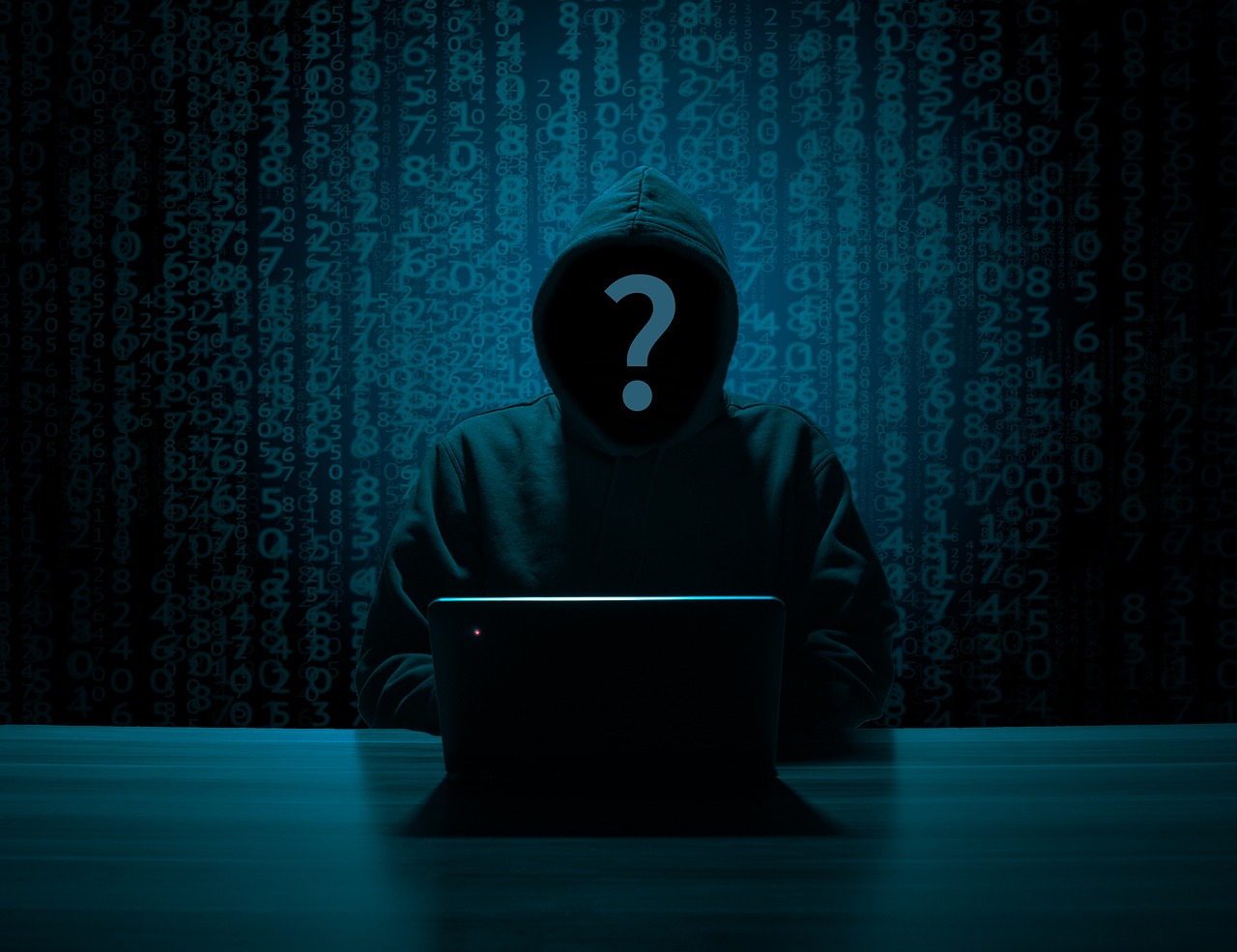By now you must have heard about cybersecurity and cybercrimes. It is not news anymore that, along with all the benefits, technology provides many disadvantages and can be used in a harmful way. Still, we usually dissociate from cybercrime stories, believing that they should concern only big companies and government institutions.
In fact, information is the most valuable asset nowadays. And if you think you do not spend that much time online or there’s nothing important that someone can steal and use against you, you are mistaken. If we do not take necessary precautions, a one-time connection to the Internet is all it takes to be attacked. Unwillingly, we give away our data and put it in the hands of hackers who are just waiting to use it.
It is important to understand that, usually, hackers do not go after you specifically. On the contrary, they may for example, look for a system or a website vulnerability and set many traps for unprepared individuals to fall into. And unlike large companies, in most cases, these individuals do not have cybersecurity systems to protect them. But you can of course find an antivirus and select the best possible protection for your devices and educate yourself on how to be safe.
Cyber threats have many forms. You can install a malicious app on your device that seems to be legitimate. Or you may connect to public wifi and handle some personal matters online, while someone is stealing your information at the same time.
The most common type of cyber threat is ransomware. According to 2017 cost of data breach study, the average cost per lost or stolen records per individual is $141. However, this cost varies per country. Breaches are most expensive in the United States ($225) and Canada ($190). Two years later the costs are even higher.
However, not all cybercriminals attack just for money. Some of them do it to simply cause havoc. And they are usually successful in their intentions. Without your knowledge, you can be part of their dark affairs too. Distributed denial of service (commonly known as DDoS) is a type of cyber attack where an online resource is brought down by means of huge amount of traffic coming from multiple computers. The interesting thing here is that your computer may be one of the attackers. Once it is infected with malware, it can be controlled remotely without you realizing.
The fact is no one is 100% protected from cyber threats. But you can take action to prevent them.
- Always have an antivirus installed. Every device you use to connect to the Internet should be protected with security software. Without it, you stand no chance again attackers.
- Manage your passwords. This is one of the most disregarded pieces of advice. People rely on passwords to protect their personal accounts but they do not take proper care of them. When creating a password make sure that it is strong and consists of letters, digits, and special symbols. It is best if they are random and hard-to-guess. Never use the same password for two different accounts, never write them down, and change them regularly. Password managers are a great help, since they create and store your passwords for you.
- Don’t click on suspicious links. It is better to avoid following the links provided in emails altogether. Cybercriminals can make the email look like it was sent from one of your acquaintances, when in fact it was not. It is quite common for harmful emails to be official-looking too, since people are more prone to read them and check the attachments.
So, even though there’s no guarantee that you won’t get attacked, you can be prepared and stay safe.


